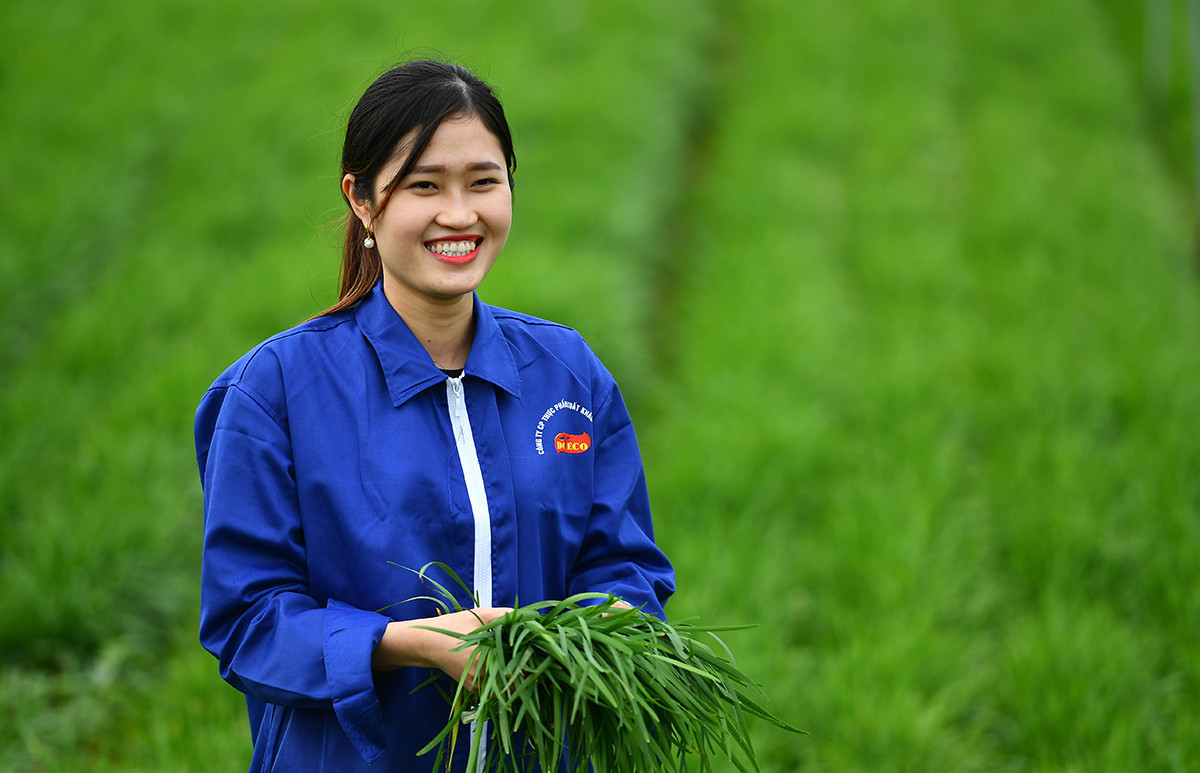
While the ‘net zero by 2050’ race has caught the special attention of the public and the agriculture sector is striving for ‘green values’, many businesses and people remain vague about the concepts.
In fact, this is not the problem in Vietnam only, according to EuroCham char Gabor Fluit. Many businesspeople think that a green economy is something far away. However, he stressed that they have to reform if they want to go further and produce more sustainably.
To export catfish and shrimp to Europe, businesses have to prove that their factories can meet standards on environment quality, food hygiene and traceability.
The good news is that many farm and seafood produce of Vietnam can satisfy the standards. This means that Vietnamese farmers have become familiar with the increasingly high requirements of the market.
EuroCham, together with member companies in cities and provinces in Vietnam, have been guiding Vietnamese enterprises to get ready to adapt to the EU’s new laws related to green production, labor policies and anti-deforestation.
If they reform early, they can be confident to export their products to any choosy market, as well as sell products in the domestic market.
Gabor Fluit, who is also the CEO of De Heus, which runs 20 animal feed production plants in Vietnam, and a chain of breeder production and slaughterhouses throughout Vietnam, said the company has a policy for internal operation. It plans to help the members of the chain and domestic suppliers build a roadmap for green production.
No one can reach the finish line just overnight, so there should be a medium term (3-5-year) vision.
In February 2023, De Heus began cooperating with Bel Ga and Green Roof to implement a rooftop solar power project with total capacity of 20 MWp.
The project will be deployed at 30 animal feed production facilities, farms and egg hatchery plants throughout Vietnam. It is expected to help create 28 million kwh of clean power and cut 22,500 tons of CO2 each year.
Previously, De Heus used forklifts and oil-powered vehicles, but it now uses electric machines.
He agreed that it is difficult to persuade farmers, with limited financial capability, to spend money to green their production. So they need support from banks.
Vietnam is now conducting a special project on producing 1 million hectares of high-quality rice in association with emission reductions in the Mekong Delta.
Thien Huong